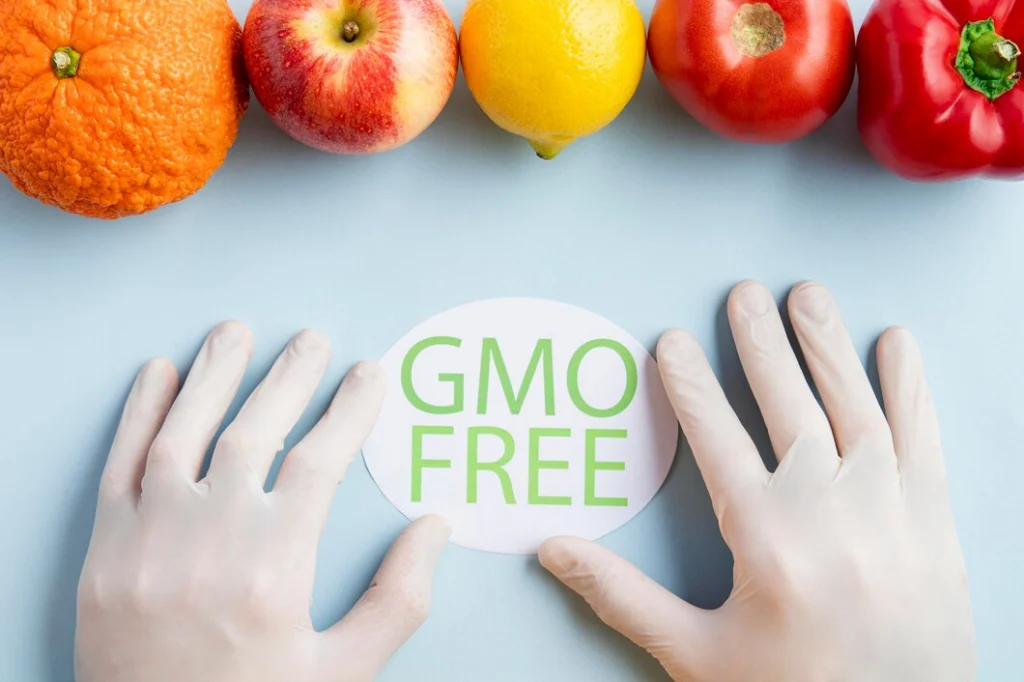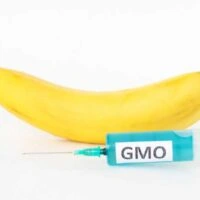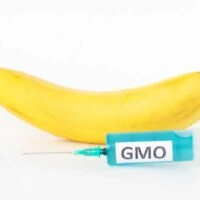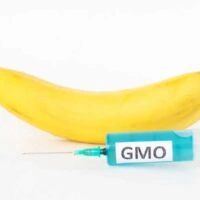In today’s world, technology influences nearly every aspect of life, and the food industry is no exception. However, not all innovations are welcomed without concern. One of the most contentious developments is the rise of synthetic GMO (genetically modified organism) products, such as synthetic GMO milk and dairy. These items, increasingly found in grocery stores, have sparked debates about food integrity and safety. Despite bans on GMOs in many regions, including Europe, Asia, South America, and Canada, these products continue to spread elsewhere. This article explores the potential dangers of these so-called Frankenfoods and why a cautious approach may be warranted.

Perfect Day and the Advent of 3D Printed Dairy Proteins
Perfect Day, a biotechnology company, has developed a method to produce dairy proteins using genetically modified microorganisms. These proteins, created through precision fermentation, are used in dairy alternatives like milk and ice cream. While this innovation is promoted for its sustainability, it raises concerns about the health implications of consuming such engineered proteins.
The process blurs the line between natural and synthetic foods, and the lack of long-term safety studies on these lab-produced proteins adds to the uncertainty. As these products become more common, questions about their impact on human health remain unanswered, leaving consumers in the dark.
GMO Proteins in Popular Brands
Synthetic proteins, like the ones made by Perfect Day, have already started showing up in popular ice cream brands, often without people knowing. These lab-made proteins are quietly becoming part of everyday foods, making it harder to tell what’s natural and what’s synthetic.
The bigger concern here is that we don’t really know the long-term effects of eating these GMO proteins. With little research on their safety, consumers may be eating foods with ingredients that haven’t been fully tested yet.
GMO-Free USA’s Alarm: Unveiling the Hidden Compounds in Synthetic Dairy
The non-profit organization GMO-Free USA has raised concerns about the use of synthetic GMO dairy in everyday food products. Their research, led by Dr. John Fagan, revealed that synthetic GMO milk used in ice cream contains 92 unknown compounds. This discovery highlights the risks of consuming products that haven’t been thoroughly studied or tested for safety.
Even more troubling is the fact that these synthetic dairy products are not required to go through safety testing before hitting the market, and they often lack proper labeling. This leaves consumers unaware of what they are truly consuming, with no clear understanding of the potential risks involved.

Brands Suspected of Using Synthetic GMO Ingredients
GMO-Free USA has identified 14 brands suspected of using synthetic GMO ingredients in their products. Here’s a closer look at each one:
- Brave Robot Ice Cream
Known for its dairy-free ice cream, Brave Robot uses synthetic dairy proteins created through genetic modification. While marketed as a sustainable option, the long-term health effects of these lab-made proteins remain unclear. - Nick’s Ice Cream
Once celebrated for its low-calorie, keto-friendly options, Nick’s Ice Cream has come under scrutiny for using synthetic proteins. Consumers seeking natural ingredients may want to be cautious when choosing this brand. - Cool Haus Ice Cream Sandwiches
This trendy brand is known for its unique flavors, but it also uses synthetic dairy in its products. While it appeals to younger consumers, concerns about the use of GMOs in its ice cream sandwiches have been raised. - Strive “Fake Milk”
Strive markets itself as a modern dairy alternative, but its reliance on synthetic GMO proteins casts doubt on its health benefits. The use of these ingredients raises questions about its safety as a true milk substitute. - Bored Cow “Fake Milk”
Another player in the alternative milk market, Bored Cow uses synthetic proteins in its products. While offering an option for those avoiding traditional dairy, the use of genetically engineered ingredients is a concern for those avoiding GMOs. - Cowabunga
Despite its fun and catchy name, Cowabunga has been flagged for incorporating synthetic elements in its dairy products. Consumers focused on avoiding GMOs should approach this brand with caution. - Whey FWRD “Fake Whey Protein”
Whey FWRD targets fitness enthusiasts with its protein supplements. However, its synthetic whey protein has raised questions about whether it aligns with the natural, healthy lifestyle it promotes. - JuiceLand
JuiceLand is known for its smoothies, but some of their products contain “fake milk protein.” While the company markets its beverages as healthy, the use of synthetic proteins challenges this claim. - Apollo Fake Milkshake Protein Powder
Marketed as a protein-rich powder for milkshakes, Apollo uses synthetic proteins in its product, raising concerns for those seeking natural protein sources. - Modern Kitchen “Fake Cream Cheese”
Modern Kitchen offers cream cheese alternatives made with synthetic proteins. Although it’s a dairy-free option, the use of genetically modified ingredients can be troubling for consumers looking for more natural alternatives. - Nurishh
Though not specifically detailed, Nurishh is suggested to use synthetic ingredients in its dairy-free products. Consumers seeking GMO-free options should be aware of the potential risks. - Renewal Mill “Vanilla Cake Mix with Fake Egg Protein”
This baking product includes synthetic egg protein, which may be problematic for those looking to avoid GMOs in their cooking and baking. - CO2COA
CO2COA chocolate bars may contain synthetic dairy proteins. This brand hasn’t been as transparent about its ingredients, so consumers are advised to research before purchasing. - Chocolate Bars with Fake Milk Protein
Generic chocolate bars containing synthetic milk proteins are becoming more common, particularly in grocery stores. These products may appear harmless but can contain genetically modified ingredients.
By staying informed about these brands, consumers can make better decisions about what they’re eating and avoid products with synthetic GMO ingredients.

Practical Ways to Avoid Synthetic GMOs
Avoiding synthetic GMOs requires a bit of extra attention when shopping for food, but it’s well worth the effort. A key step is reading product labels carefully. Often, words like “modified” or “engineered” signal the presence of GMOs, especially in processed foods. However, it’s important to be aware that current labeling laws don’t always require clear disclosure of GMOs, so some products might hide these ingredients under vague terms.
Researching the brands you trust can also make a big difference. Some companies are transparent about their use of non-GMO ingredients, and they may even carry certifications to prove it. Seeking out organic options is another effective way to avoid GMOs, as organic products are usually produced without genetic modifications. Lastly, focusing on whole foods, such as fresh fruits, vegetables, and grains, helps steer clear of synthetic additives that are more common in processed products.
Making these mindful choices helps ensure that you’re consuming food that aligns with your values and health goals, reducing the chances of unknowingly ingesting synthetic GMOs.
Embracing Caution in an Era of Synthetic Foods
As synthetic GMO products become more common, it’s crucial for consumers to stay informed about what’s in their food. The lack of clear labeling and comprehensive safety testing for these products is alarming, and we are still in the early stages of understanding the long-term effects they may have on human health. Companies like Perfect Day may present these innovations as the future of food, but without proper research and transparency, we should approach them with caution.
By choosing natural, non-GMO options and advocating for clearer labeling practices, consumers can protect their health and make informed dietary choices. While synthetic foods may offer convenience or sustainability in some cases, it’s essential to prioritize safety and avoid rushing into uncharted territory. The more we understand, the better decisions we can make for our well-being and the future of our food supply.



